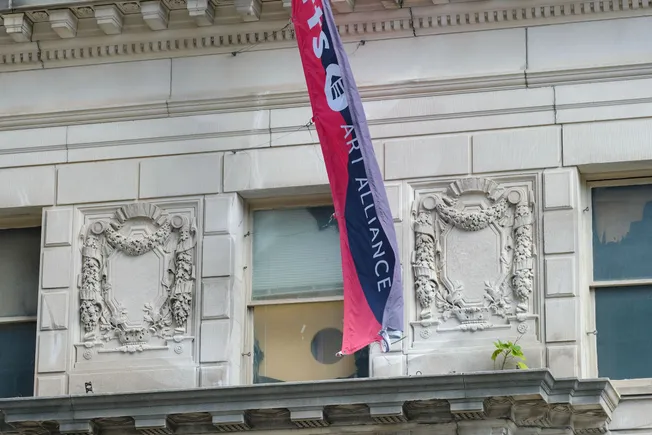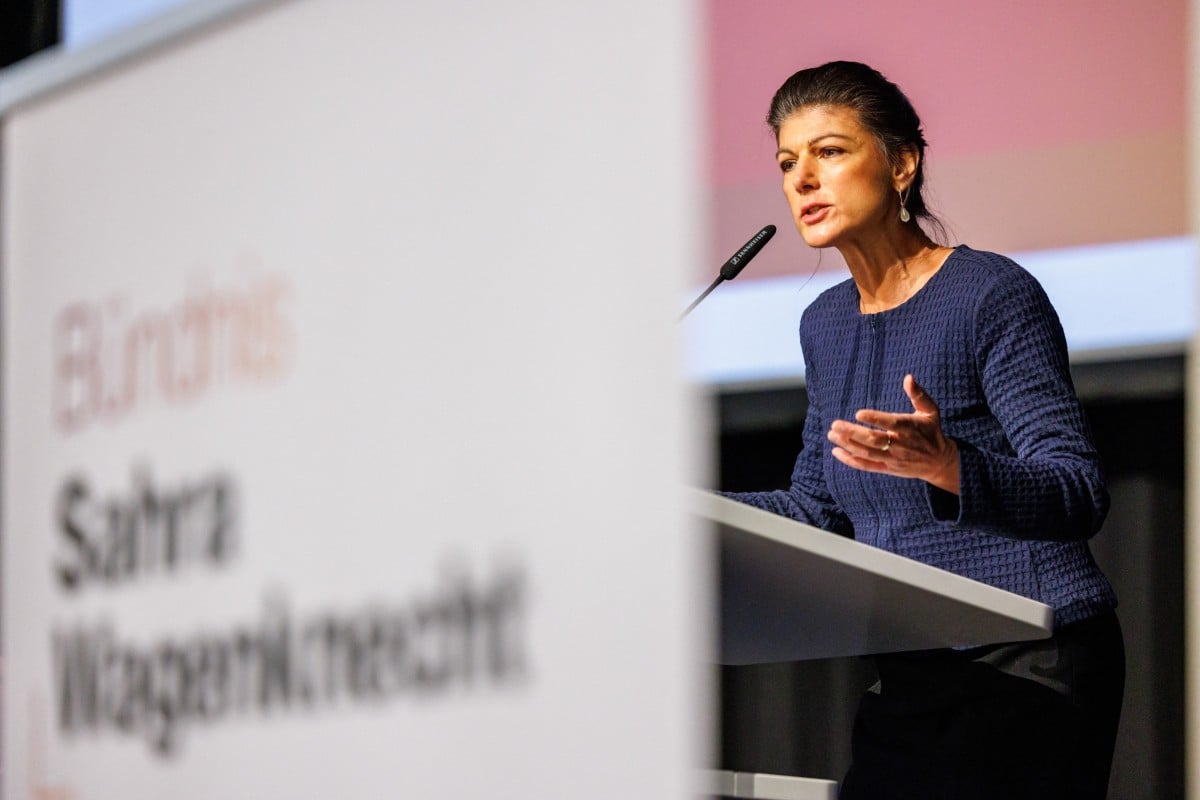I am a staff member with a Ph.D. who has taken an alternative academic career path from a contingent faculty member to an instructional designer position. My professional journey in higher education never exposed me to the broad scope of roles and responsibilities that staff members play to support a college. After all, my activities throughout graduate school, teaching as a lecturer and then supporting faculty members always centered on the academic endeavors of teaching and research. I was oblivious to the many ways that staff members support the operational and financial aspects of higher education, not to mention the functioning of student services, athletics programs, advancement and communications. Of course, I knew those offices existed, but I didn’t really see or understand what they did.
My eyes were finally opened to the importance of staff members in higher education when I became involved in the creation of a new staff affairs council at Colgate University. This initiative emerged in response to a collegewide survey that sought feedback about ways to recruit and support high-quality staff members. The survey found that many staff members desired more representation and voice in university decision-making. Campus leadership called for volunteer working groups to develop detailed recommendations to address this issue and others that emerged in the survey. I volunteered for the staff representation and voice working group.
Our working group explored the—often minimal—history of staff participation in decision-making at our institution, and it researched the participation of staff members in shared governance at other institutions and consulted with representatives from staff councils at neighboring colleges and universities. And we found that, across higher education, “compared to faculty members and students, staff members often find themselves unprivileged and invisible,” as a previous Inside Higher Ed article put it, and they have a limited role in shared university governance, as another report said.
The working group ultimately called for the creation of a structured council of elected staff representatives from divisions and affinity groups from across the college, which our administration approved in April 2021. Elections for the inaugural council were held that summer, and the Staff Affairs Council officially launched in September 2021. I was elected as an at-large representative and then elected by the representatives as co-chair, a role I’ve held ever since.
The challenges of burnout and the great resignation of staff members during the pandemic shaped the early work of the council. As the first group of council representatives collaborated on ways to respond to issues of staff retention and morale, my personal sense of professional purpose was renewed. Although, to be clear, the council was not and is not part of the institution’s formal shared governance structure, it was meaningful to be part of this new effort, knowing that our campus leadership was interested in our ideas at a challenging time for staff members. Moreover, surprisingly to me, my involvement with the council significantly broadened my awareness of the diverse and essential roles that staff members play. Collaborating with those beyond my division revealed the depth of staff expertise in supporting not just faculty members and students but also students’ families and alumni, other staff and the institution’s senior leadership.
In reflecting on my service to the council (my term ends this month), I believe my insights from this experience can offer concrete actions and tangible steps for campus leaders to achieve similar outcomes at other colleges and universities, even without such a representative staff council in place.
Catalyze staff collaboration for institutional improvement. Bring staff members together to identify ways to improve their working lives on your campus. My engagement with staff colleagues from across the institution revealed uneven experiences with the same issues. For example, one of the first issues the council addressed was extending the pandemic’s remote and flexible work arrangements following the return to in-person classes. Sharing our experiences revealed the complexity of the issue across the diversity of staff roles and that various departments were approaching it differently. Our efforts to draft a recommendation concerning it greatly benefited from the diverse perspectives of the group.
Another issue we addressed was expanding the paid holiday calendar to provide flexibility for staff members who observe non-Christian holidays. Some members of the council were Jewish and Muslim, and, again, bringing together staff members who came from different divisions and represented diverse identities enabled the council to surface the complexities of the staff experience and suggest ways to improve the work environment.
Leverage staff expertise for a stronger campus community. I encourage university leaders to tap into staff expertise as a source of institutional knowledge and a catalyst for professional community cohesion. The dynamics of the council created a way for staff members to share their lived experiences working in different parts of the institution, as well as the distinct challenges their offices faced. For me, those interactions enhanced not just my own institutional knowledge but also my appreciation for the work that other staff members do. I hadn’t realized that other offices have crunch times that don’t align with the academic calendar. I now, for example, have empathy for those offices toward the end of the fiscal year, which I had previously lacked. I’ve realized how new institutionalized efforts can foster appreciation and empathy—and ultimately enhance greater community cohesion.
For example, colleges and universities should organize events in which staff share what they do in a “day in the life” of their role or their office. They should dedicate time for staff members to attend talks, workshops or panels in which they share the initiatives they are working on and the challenges they are facing. Such events can foster new collaborations among staff members in addition to strengthening the institutional community.
Listen to and genuinely engage with staff members. At many institutions, they often aren’t heard from in the same way as faculty members. At our university, the council was created in response to an identified institutional need, and so far, it has been able to elevate staff voices to the administration.
For example, the council has now conducted its own all-staff survey to identify the issues that are important to staff. We submitted the results of that survey to the senior leadership and met with them to discuss the implications of the feedback for both the council and the institution. Knowing that we have an audience of campus leadership who will openly listen to such staff perspectives has been crucial, because we trust we will be heard—even if our recommendations are not always accepted.
I have seen firsthand that leadership listening to staff members and engaging with their perspectives can lead to real changes to improve the institution as a workplace for staff. For example, the inclusive religious holidays recommendation we submitted was revised by senior leadership into a floating holidays policy granted to all staff members. Building on that progress, our president suggested the council take charge of the biannual all-staff meetings, which presidents have historically hosted. The council now sets the agenda for those meetings and also collaborates with the president to suggest topics for him to cover. Last fall, we advised the president to address the results from the council’s most recent all-staff survey during his speech. It was a significant moment in which the president, on behalf of senior leadership, acknowledged the staff’s feedback and affirmed the institution’s commitment to working with the council to address the issues highlighted in the survey.
As I prepare to conclude my involvement with the council this month, my newfound appreciation, respect and admiration for staff in higher education will continue. The profound professional growth I’ve gained through my experience suggests to me that staff voices are untapped sources of expertise. I call on college and university leaders to harness this potential by finding ways for staff members to share their perspectives and experiences with senior leadership as well as with others throughout our campuses.












.jpg?itok=F2C4uk0x)




.png)



Discussion about this post